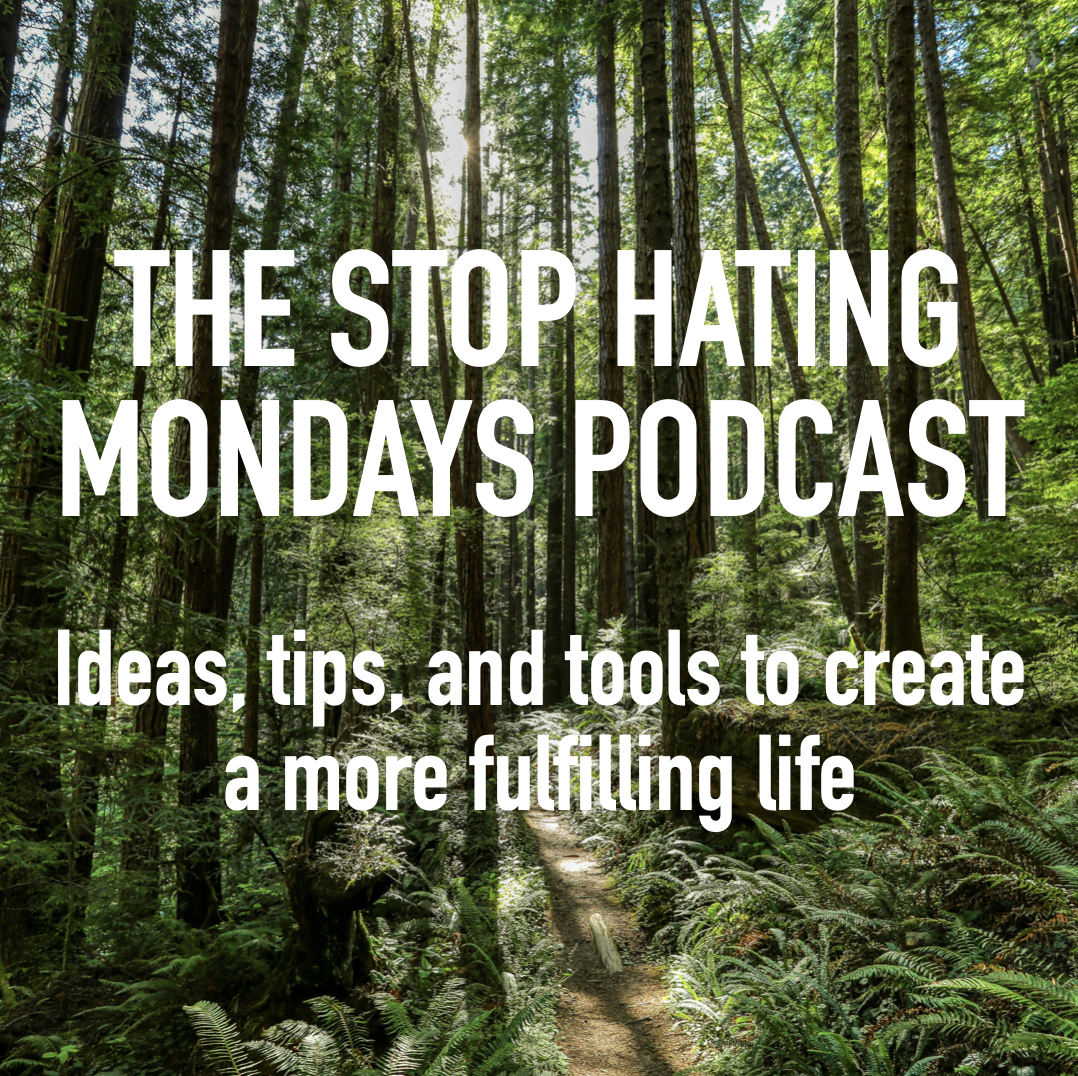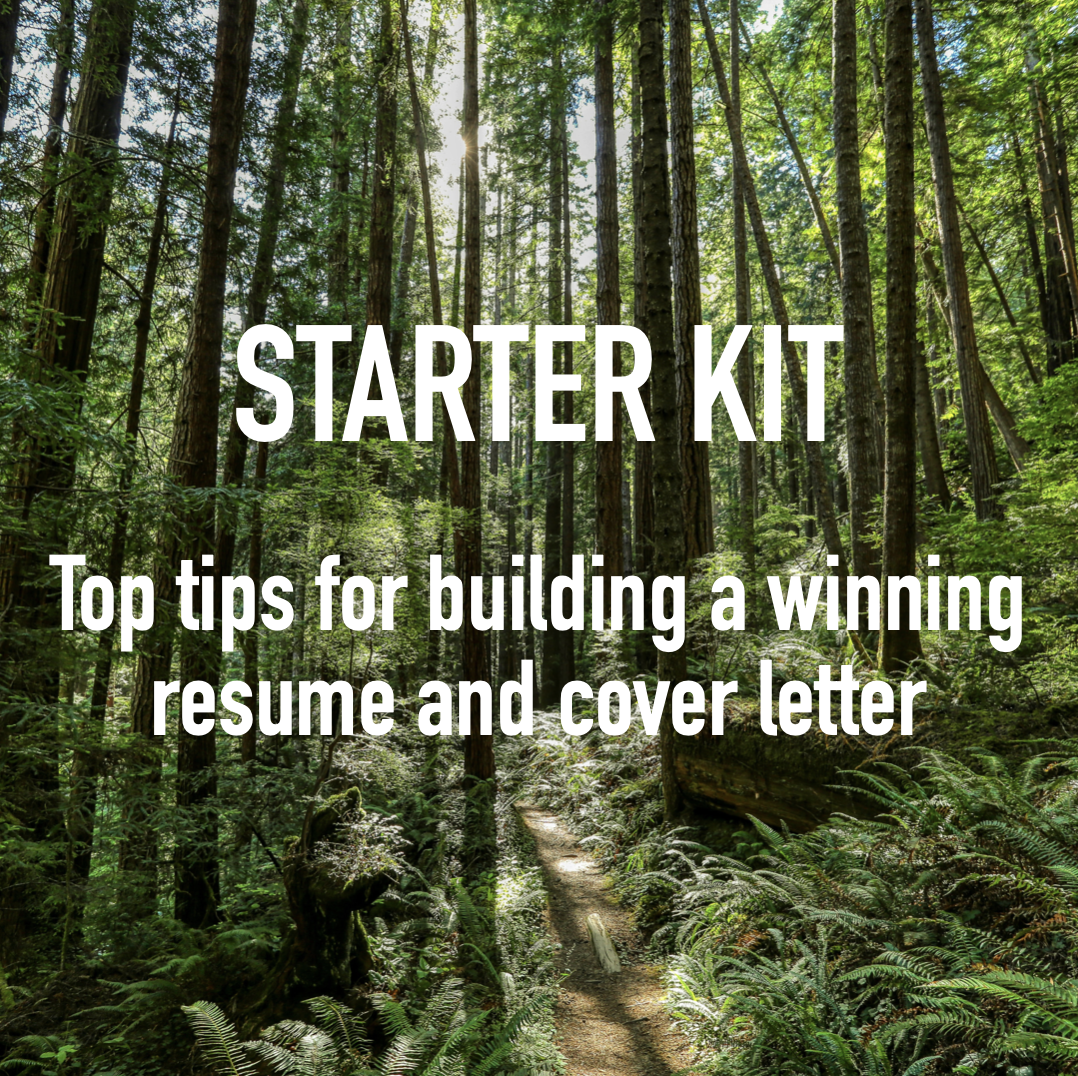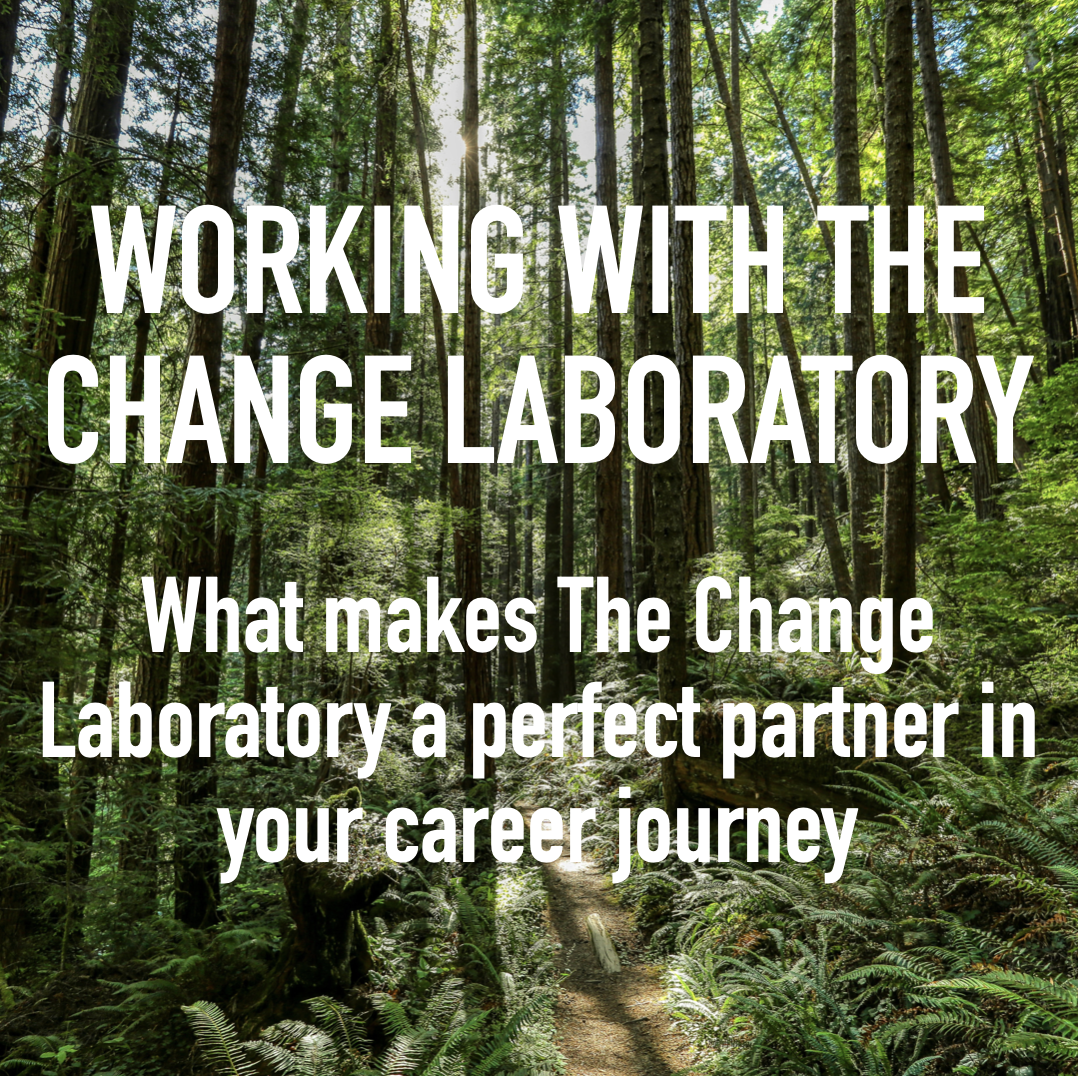How to Set and Achieve Personal Development Goals
Kent R.
Where do you see yourself in five years?
If that question made you break out in a cold sweat, you're not alone. But don't worry, we're not interested in your five year plan. What we are interested in is your personal growth – the kind of growth that is fundamental to achieving any meaningful goal.
On this episode of the Stop Hating Mondays Podcast, we've got some tips for how to effectively set and achieve personal development goals.
TRANSCRIPT
(Transcripts are auto-generated and may contain minor errors)
Caanan
Where do you see yourself in five years?
If that question made you break out in a cold sweat, you're not alone. But don't worry, we're not interested in your five year plan. What we are interested in is your personal growth – the kind of growth that is fundamental to achieving any meaningful goal.
On today's episode of the Stop Hating Mondays Podcast, we've got some tips for how to effectively set and achieve personal development goals.
Caanan
We probably lost some listeners with that opening question. You know, it's not a bad question, and it certainly isn't bad to be considering the long term plan, but a lot can happen in five years, right?
If our listeners are like me, it's a lot easier to focus on the near term. That's why I love this question from John. So he asks, “how do I set myself up to ensure I am growing every year?”
Kent
Yeah, this is such a great topic area because. That question “where do you see yourself in five years?” “Where do you see yourself in 10 years?” is still very common, especially in those make or break moments like interviews. And, you know, wants you to have this long term vision. The problem with it is everything is so much more iterative and fast changing in today's workplace and in the world in general that, you know, it used to be that you would be at the same company… you would realistically think “Well, I want to be at this level within this company in five years now.” You probably don't expect to be at the company you're currently with, nor does the person asking you the question expect you to be at the company in five years. Things are changing so quickly that you have to be able to break this down…
Caanan
Think about the last five years. Can you imagine your answer to this question in 2017 having any relevance in the current world?
Kent
Exactly!
So I think, as we do with our workgroup clients and our individual clients, you want a general vision, you need to have that vision for your life. But you need to set shorter term goals. And I guess we'll get down to monthly and weekly wins, so that there's a sense of movement and growth because with the environment changing so quickly, you can stop to kind of take stock of what's happening and think. What have I done? How have I grown? Which Is what I suspect is happening with John when he asked that question. So have that vision. Break it down into bite size things so that you know you're making progress. Because truly, as important as that vision is, it's much more important to be. Achieving those short term wins that then turn in to the longer term goal achievement.
Caanan
You recommend breaking your annual plan down into quarters and then breaking the that plan down into monthly and weekly wins? I like that. I think that's really effective. But are you saying that you shouldn't even have a one year plan?
Kent
No, not necessarily.
I just think those… that shorter term vision is important. And yes, I tell a lot of people to have a quarterly plan 'cause it's a nice sort of not bite size, but it's manageable. You can kind of, especially in your world of work, know what your goal structure is for the quarter ahead. So to set things up in that way where you're looking at the quarter and then breaking that down into monthly and weekly achievements that achieve that quarterly goal is very critical. And then, you know, if you're doing that four times a year and you're making pretty good progress in a year. And I just want to reiterate the reason for this is not to extinguish longer term – one year, five year, 10 year – goals. It's to honor that things are changing so quickly. People are changing jobs so quickly. People are being laid off so quickly. Life circumstances are changing so quickly that it's hard to not feel discouraged. If you stay so focused on that five year goal or even the one year goal, you'll be constantly readjusting that longer term goal and you run the risk and feeling like you're disappointing yourself.
So have that general vision. Set the quarterly goal. Set manageable monthly and weekly goals within that and you'll feel really great about what you're accomplishing.
Caanan
I want to go back to that list of things that are changing, because John's talking about personal development, so if he's following through on personal development, he's changing a lot in five to 10 years.
Kent
Yeah, when we're actually growing, exactly. You're changing along with all of your external circumstances. So with every week win or month win you’ve change a bit. And it changes – this is kind of my point – it changes that larger iterative plan that ultimately kind of makes your five year goal nonsense.
Caanan
Yeah, well, think about that. You have a five year goal based on who you are at this moment. But that five year goal is also taking into account a lot of personal and professional growth. So sort of let it, like you were saying, it's great to have a vision, but take into account the fact that the person who's achieving that five year goal is going to be much different person in five years.
Caanan
In the same e-mail from John, he asked for a good personal development activity. I think a lot of readers would appreciate this.
Kent
Oh yeah, and that's why I chuckled. I'm not surprised because, you know, we talk a lot about workism here. We are anti workism. Go back and listen to those episodes.
And I know… and I think I actually know who John is, somebody who turned into a client. People get so tied into their work and being successful at work, which is great, that they kind of forget: What am I developing? What am I doing so that I grow? So that I'm not the same John next year that I am now? Because eventually I want to move up in this company I'm in. Or more likely I'm going to move over to another company and I want to be able to show I've grown.
So we get this a lot from people who. Are especially accomplished. Well, who stop and realize like regardless of. All the good I'm. Doing for my company. I also need to be sure that I'm growing. One suggestion that I love to give – and it seems simple, but you know if, as you know, if you listen to this podcast, people don't pay attention to their own personal being. Knowing who they are. So I tell people like John to learn about their strengths. Get a personality identifying battery – we offer one – and then spend… pick three the of the strengths and spend one of those quarters leaning into each of those three strengths. So you're developing three things that are already strengths, making them even stronger! And the exponential gains you get from leaning into your strengths, as opposed to trying to correct a weakness, so much more fruitful.
So find out your strengths. Pick three. Choose activities on a weekly basis that grow each of those three one month at a time.



